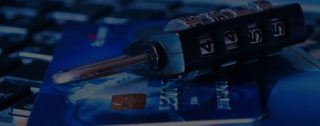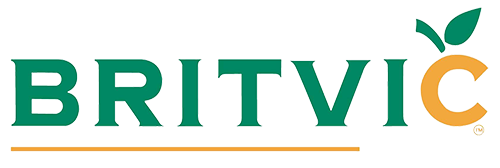Practical help to protect your identity
Being careful about what personal information you share on social media and conducting some basic background checks on people you communicate or do business with online are two sensible ways to avoid falling victim to fraud and identity theft. The prevalence of free online databases means you can do this quickly and at little cost in the United Kingdom. You can find out more about how to spot fraudsters and check various databases here. If you suspect you have fallen victim to fraud or identity theft in the UK, you should not be embarrassed and are encouraged to report the report the matter to the police via Action Fraud, the national fraud and cyber-crime reporting centre.
Our international experts are here to provide clients with professional assistance to prevent and respond to fraud. The identity protection health check is focused on the client and can include reviewing security controls, conducting online research in multiple languages and searches of the deep and dark web to identify information that is not readily visible.
The world is following you
Our thoughts, actions, likes, preferences, location on earth and even our feelings have never been so publicly available than today. Much of this unparalleled personal visibility is down to our new ever present companions Facebook, WhatsApp, Linked-in, Twitter and the multi-faceted Emoji. Constant connectivity with friends may be welcome, but we have to be careful to avoid the prying eyes of those who would like to misuse our personal information that is online.
Criminals see the worldwide web as a huge fishing net in which catch unsuspecting victims. The sophisticated cyber-criminal will employ technology to steal personal data by hacking whilst others simply trawl the internet looking for targets. The less sophisticated will simply take personal details and clone an identity or be more predatory and lure the victim into a relationship, get their trust and then get them to part with information or money.
Trust but check
It is important to remember that the internet is a force for good, providing users exercise care when online. A good starting point is to know what details about you, your family and organisation are publicly accessible on the internet, identify vulnerabilities and apply simple precautions to prevent abuse. This ranges from applying privacy settings and strong passwords when using online websites to limiting what personal information you supply on public registers and exercising your right to be forgotten on search engines. It also helps to understand why criminals steal identities.
Criminals need clean identities
To commit crimes such as mortgage and investment frauds and to access the money they steal from victims, offenders need identities that won’t arouse suspicion when they apply for services such as opening a bank account or applying for a job. This makes false passports, driving licences and the like, especially valuable to fraudsters. With huge gains to be made from defrauding people and organisations, it is small wonder there are so many false documents in circulation across the globe. In the UK, Operation Amberhill, the Metropolitan Police’s strategic initiative to tackle false identities and disrupt criminals has succeeded in taking more than 100,000 fraudulent documents out of circulation. CIFAS, the UK’s fraud prevention service, estimates that since 2010, Operation Amberhill has identified over £33million of fraudulent activity and prevented fraud totalling a further £75million.
Premium identities are priceless
A stolen or false identity can help a fraudster to open a bank account, rent an apartment and secure a job and social security benefits. Moreover, an identity that purports to belong to reputable professional such as a company director, doctor or lawyer gives fraudsters an air of respectability that makes victims less suspicious. These premium identities, both stolen and fake are frequently used to lure victims into investment and romance frauds and criminals may even present fake documents and portrait photographs to support appear genuine.
Spotting fake and cloned companies
Organisations also face the threat of identity cloning and the consequent vulnerability they are exposed to, particularly when such cloned identities are used to give credibility to fraudulent documents, communications and business deals.
It is important that companies can demonstrate to shareholders, potential or actual investors, and where applicable regulators that this threat is included and catered for in their risk assessment processes. Many organisations do this by monitoring their systems and communications traffic to ensure agreed policies are complied with and new threats are addressed. They also train staff and conduct regular audits including online research and collection and assessment of cultural intelligence.
Please give us a call
If you’d like to speak with one of our trusted experts about ways to protect you and your organisation from fraud and identity theft, please contact us.











